
Dc-9-40
The McDonnell Douglas DC-9 is an American single-aisle airliner designed by the Douglas Aircraft Company. After introducing its heavy DC-8 in 1959, Douglas approved the smaller, all-new DC-9 for shorter flights on April 8, 1963. The DC-9-10 first flew on February 25, 1965 and gained its type certificate on November 23, to enter service with Delta Air Lines on December 8. With five seats across in economy, it had two rear-mounted Pratt & Whitney JT8D low-bypass turbofans under a T-tail for a cleaner wing, a two-person flight deck and built-in airstairs.
The Series 10 are 104 ft (32 m) long for typically 90 coach seats. The Series 30, stretched by 15 ft (4.5 m) to seat 115 in economy, has a larger wing and more powerful engines for a higher maximum takeoff weight (MTOW); it first flew in August 1966 and entered service in February 1967. The Series 20 has the Series 10 fuselage, more powerful engines and the -30 improved wings; it first flew in September 1968 and entered service in January 1969. The Series 40 was further lengthened by 6 ft (2 m) for 125 passengers, and the final DC-9-50 series first flew in 1974, stretched again by 8 ft (2.5 m) for 135 passengers. When deliveries ended in October 1982, 976 had been built. Smaller variants competed with the BAC One-Eleven, Fokker F28 and Sud Aviation Caravelle, and larger ones with the original Boeing 737.
The DC-9 was followed by the MD-80 series in 1980, a lengthened DC-9-50 with a larger wing and a higher MTOW. This was further developed into the MD-90 in the early 1990s, as the body was stretched again, with V2500 high-bypass turbofans and an updated flight deck added. The shorter, final version, the MD-95, was renamed the Boeing 717 after McDonnell Douglas's merger with Boeing in 1997, powered by Rolls-Royce BR715 engines.
In Game




Real Sample



Controls
Trim = Trim
VTOL = Flaps
AG.1 = Thrust Reverse
AG.2 = Open Door
AG.3 = Wing Spoilers (auto open at landing and on ground)
AG.4 = Flight Spoilers (Open on flight)
Takeoff Speed: 135kts - 145kts
Landing Speed: 155kts - 130kts (with full flaps)
Stall Speed: 120kts (with full flaps and trim)
(Cockpit partly functional)
Light Aircraft Controls
You should open light in cockpit on Controls panel

Credits
@JS01 for Test Flight , Make Wing and feedbacks

Have a Nice Flight !
Specifications
Spotlights
- This craft is curated
- PlaneFlightX 3.1 years ago
- 1918 3.1 years ago
- Tang0five 3.1 years ago
- RicardoACE 3.1 years ago
- GuianLorenzo 3.1 years ago
General Characteristics
- Successors 12 airplane(s) +582 bonus
- Created On Windows
- Wingspan 94.7ft (28.9m)
- Length 127.8ft (38.9m)
- Height 30.4ft (9.3m)
- Empty Weight 6,318lbs (2,865kg)
- Loaded Weight 86,081lbs (39,045kg)
Performance
- Power/Weight Ratio 0.501
- Wing Loading 39.4lbs/ft2 (192.4kg/m2)
- Wing Area 2,184.7ft2 (203.0m2)
- Drag Points 5939
Parts
- Number of Parts 1169
- Control Surfaces 7
- Performance Cost 4,338

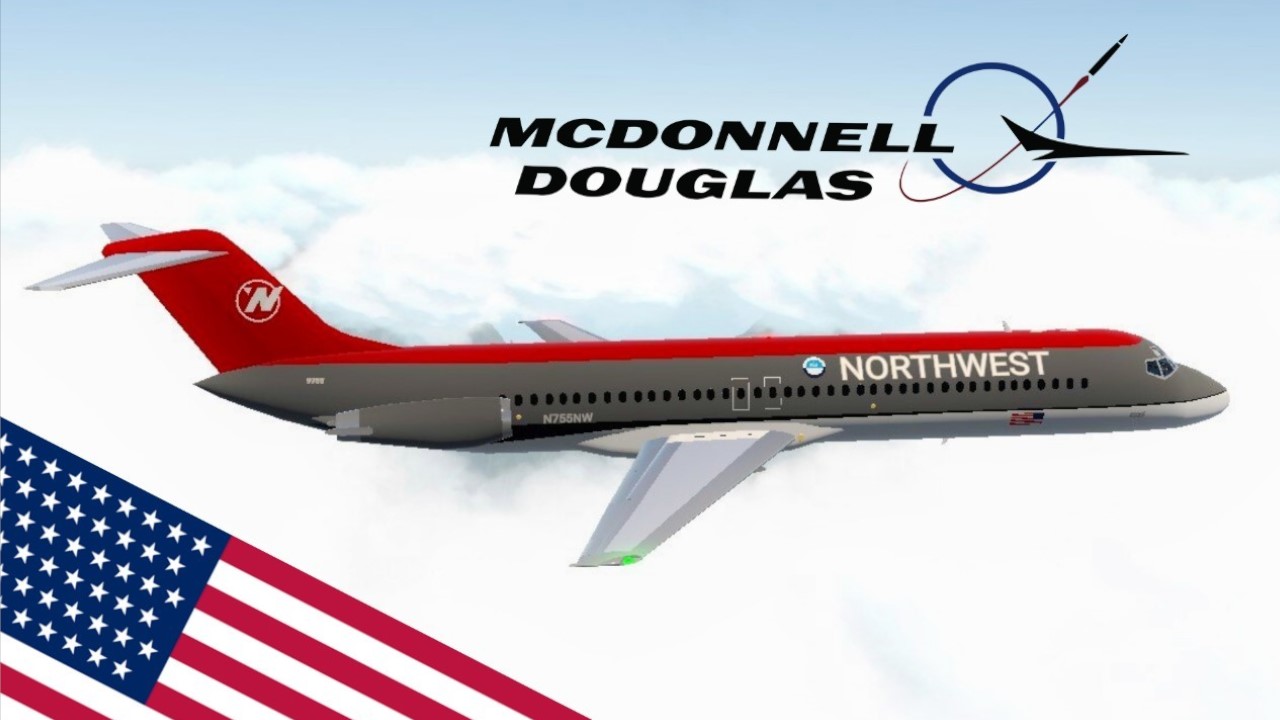
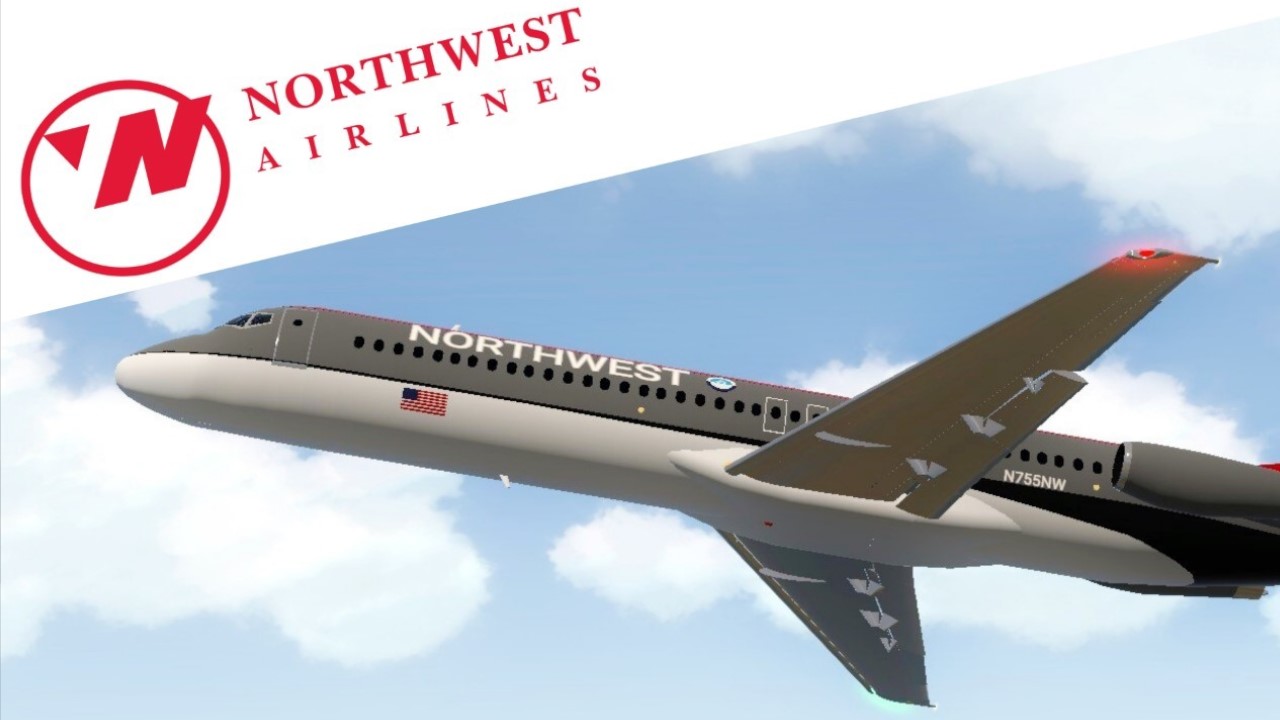
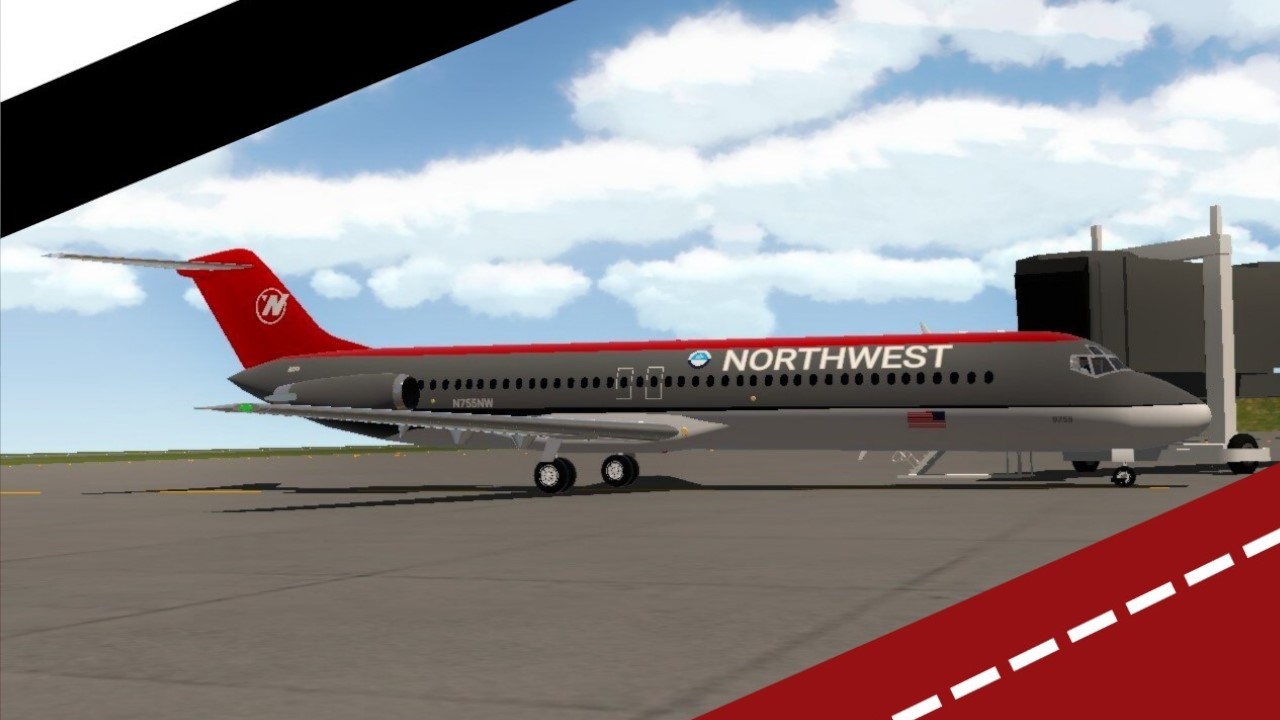
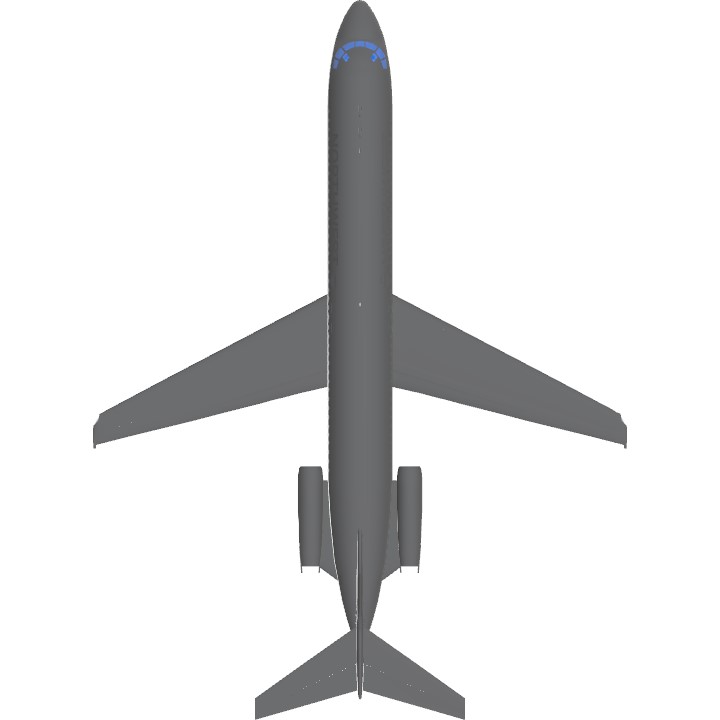
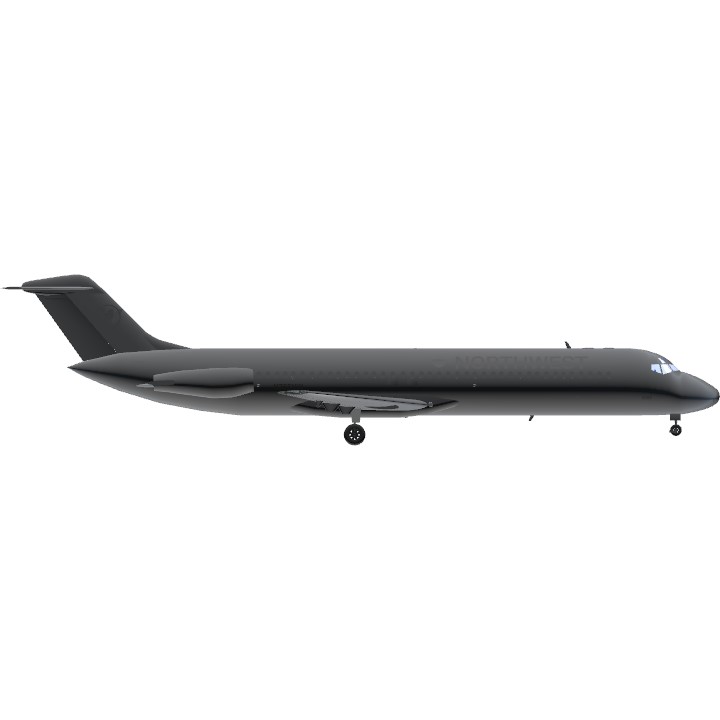
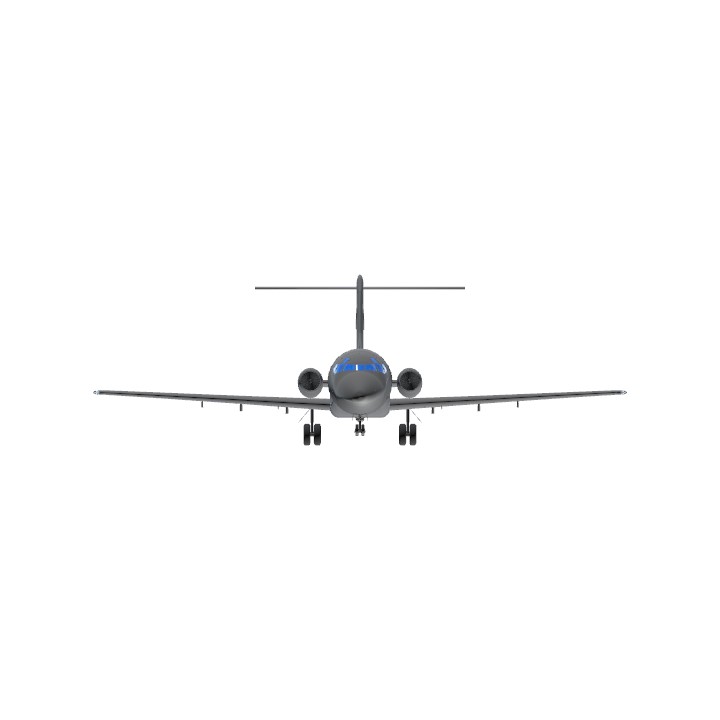
beautiful scale! great job
@GuianLorenzo hmm what’s the problem with it 🤔
Nice
@klm747klm747 Thank you for feedback. I gonna fix nose gear
FINALLY A GOOD DC-9!!!!
Sneak Peek of mine
Btw, nose gear brakes make it hard to taxi.
@1918 Thank you
Can someone please make a mobile version? It was very glitchy on my Mobil device.
I love it !
help
Can someone here remove the livery?
@UsernameTH5 ok
im making mobile friendly too
@indonesia87 ok but you give my credit.
Can i make the mobile friend ?
You clearly have this mixed up. This is quite obviously a Boeing 717.
@Tang0five Thank you
I do like the ‘bowling shoe’ northwest livery - great job!
Awesome
Yo you come back Dude!
Damn gorgeous my dude
Well done; if you can, make an MD 80🙏
@UsernameTH5 Witch pic?
@GuianLorenzo witch pic?
@GuianLorenzo Thank you your Southwest 737 is good at my prop in photo 🙇🏻♂️
Noice DC-9
Also did I just noticed a Southwest 737-300 in the background lol